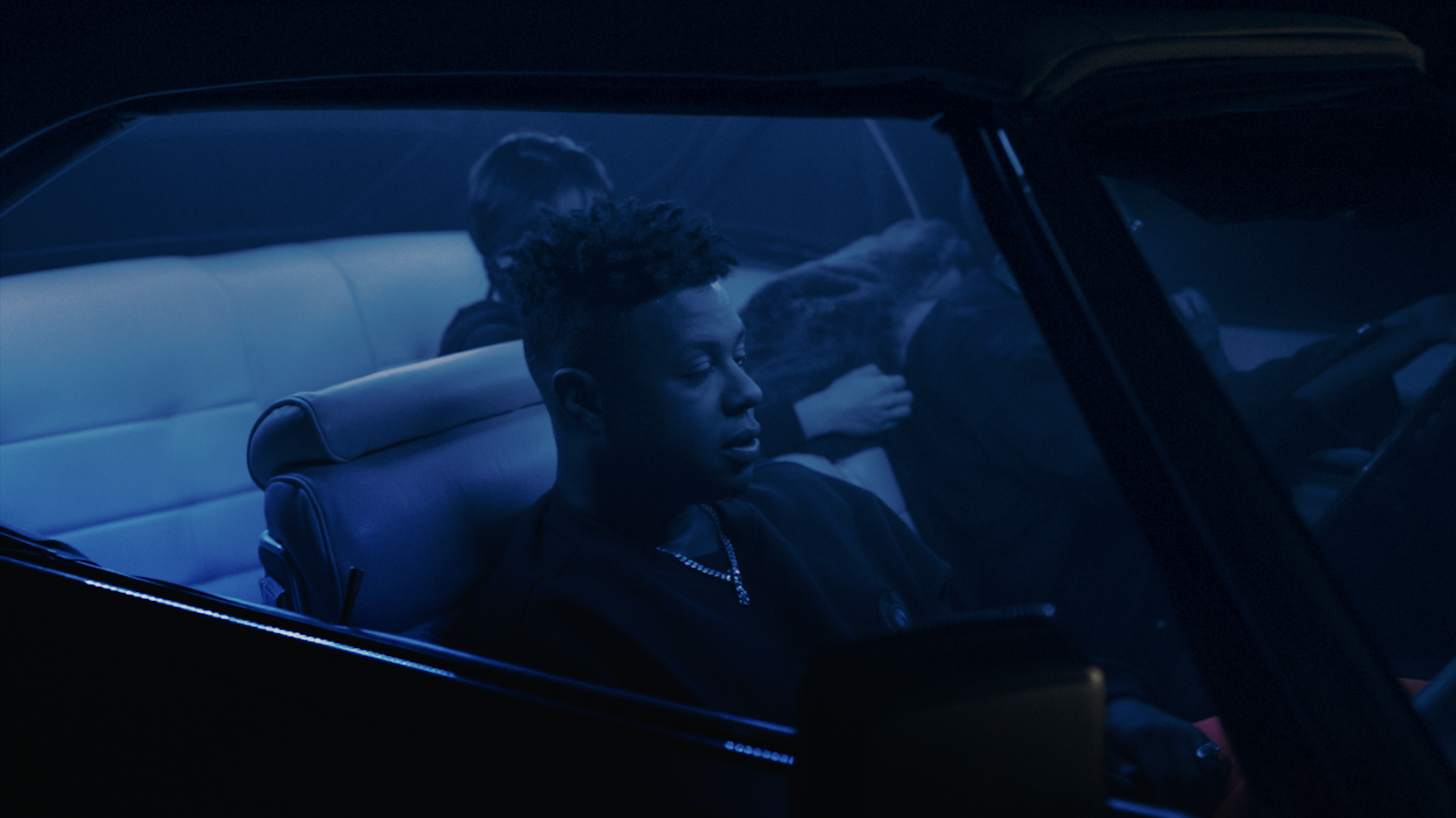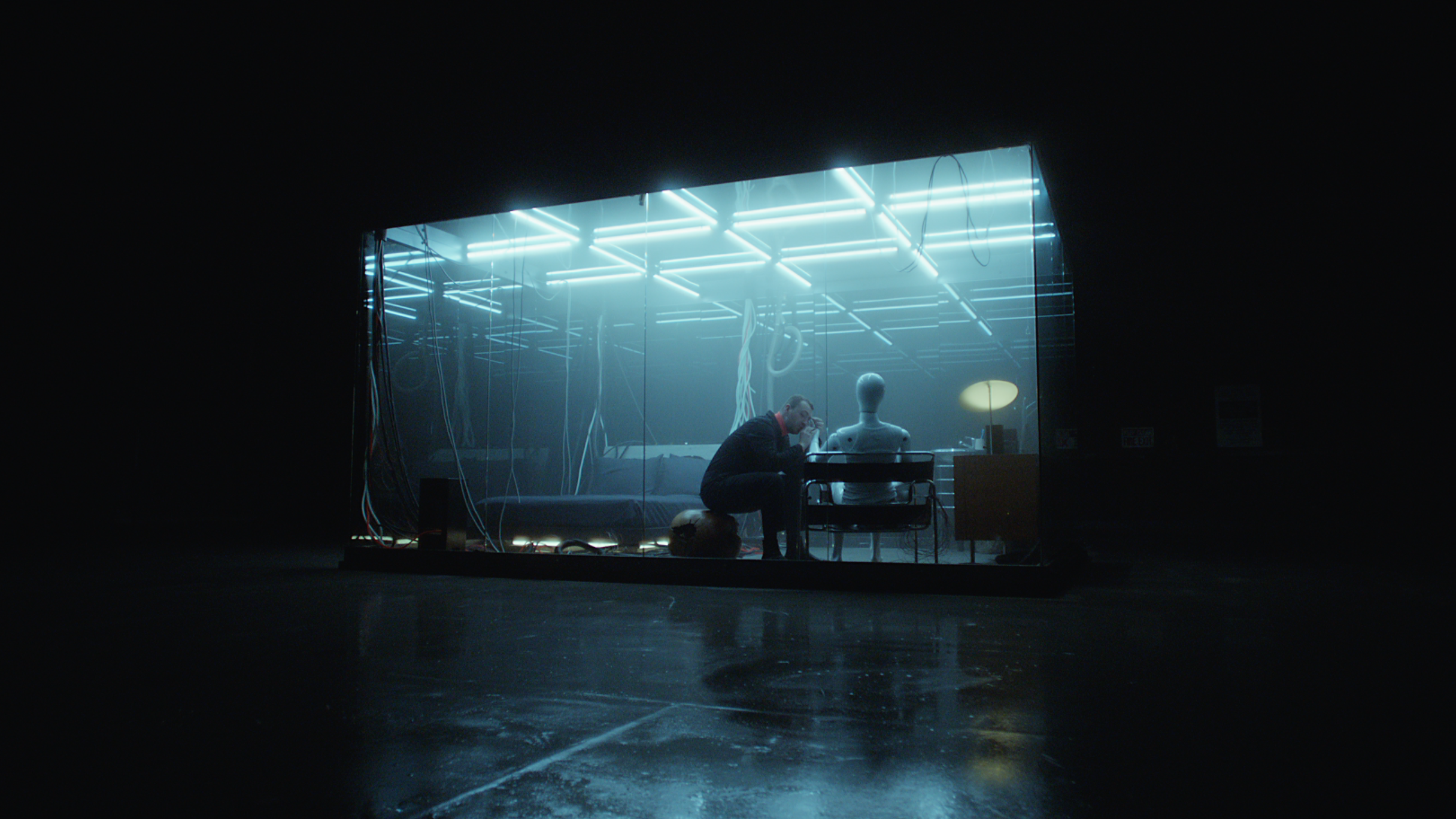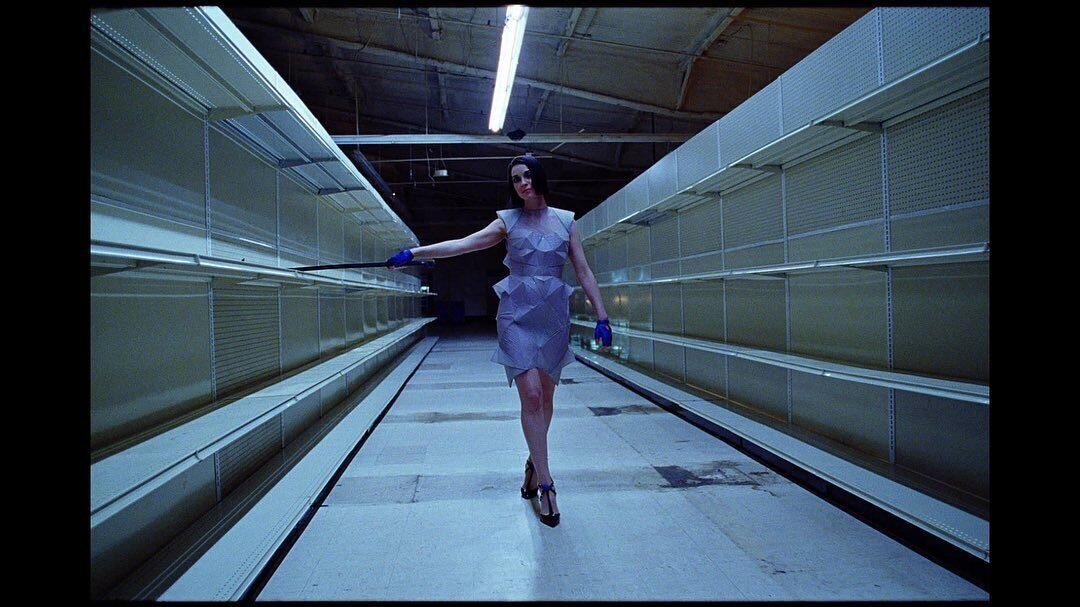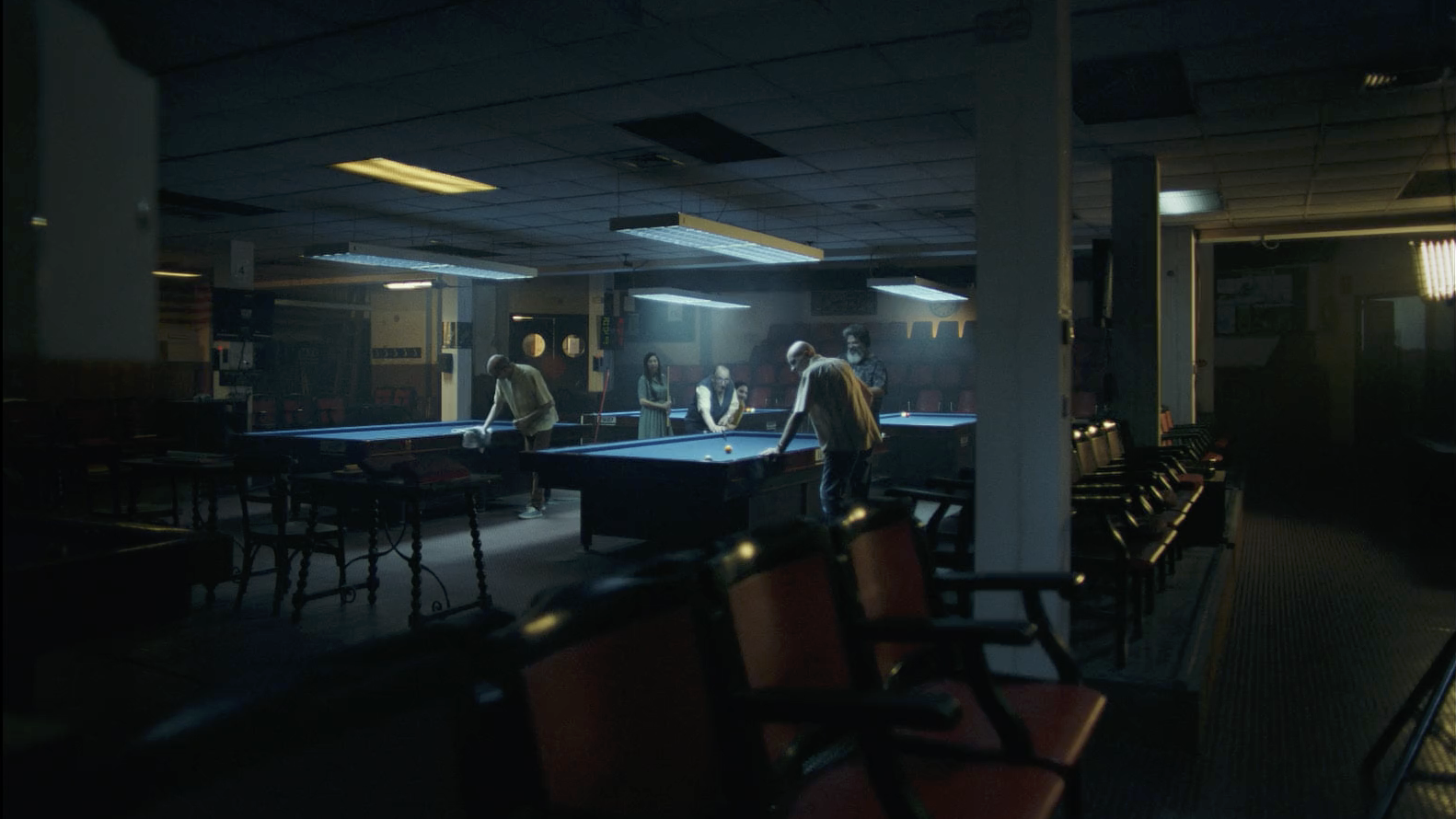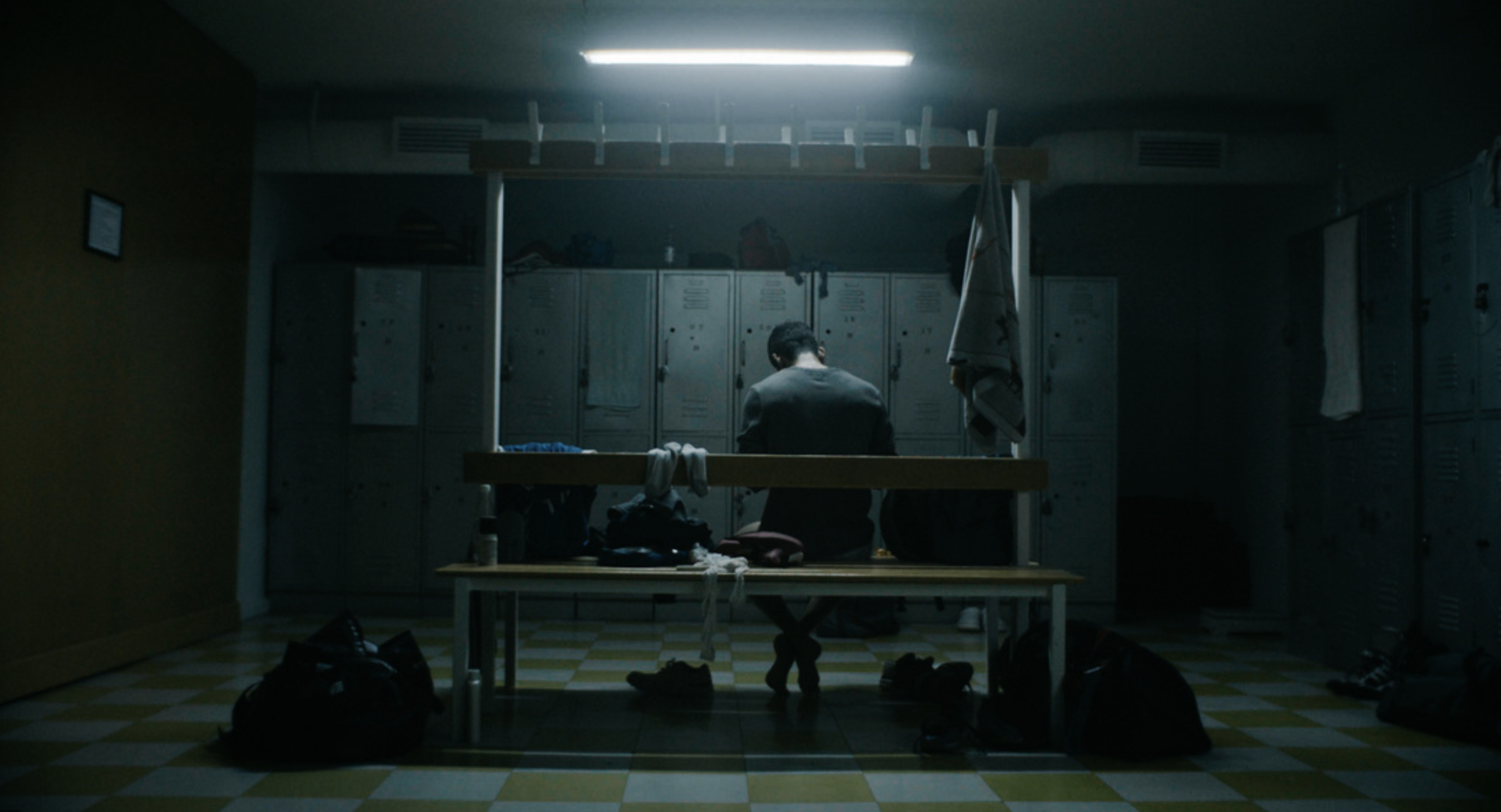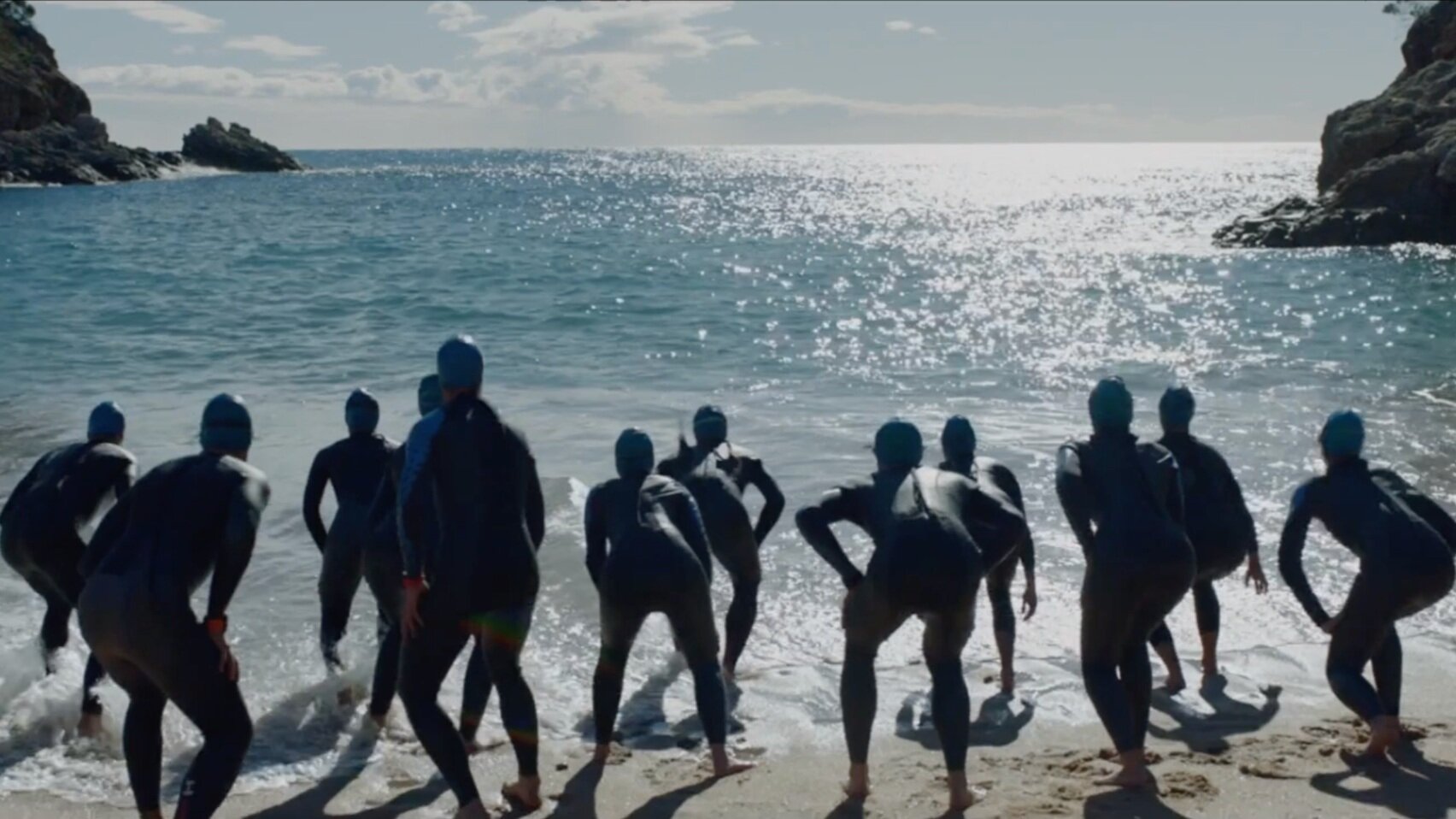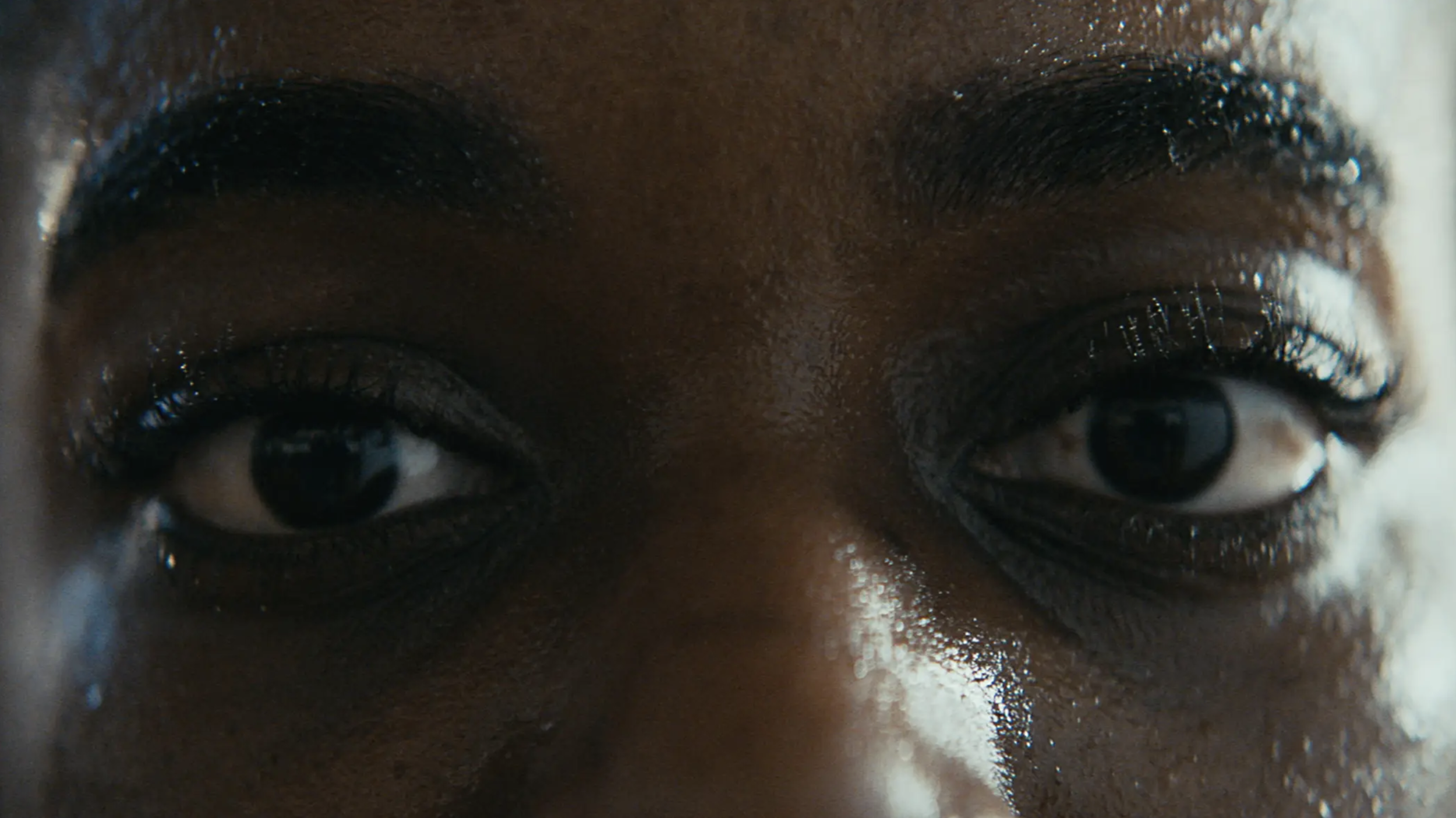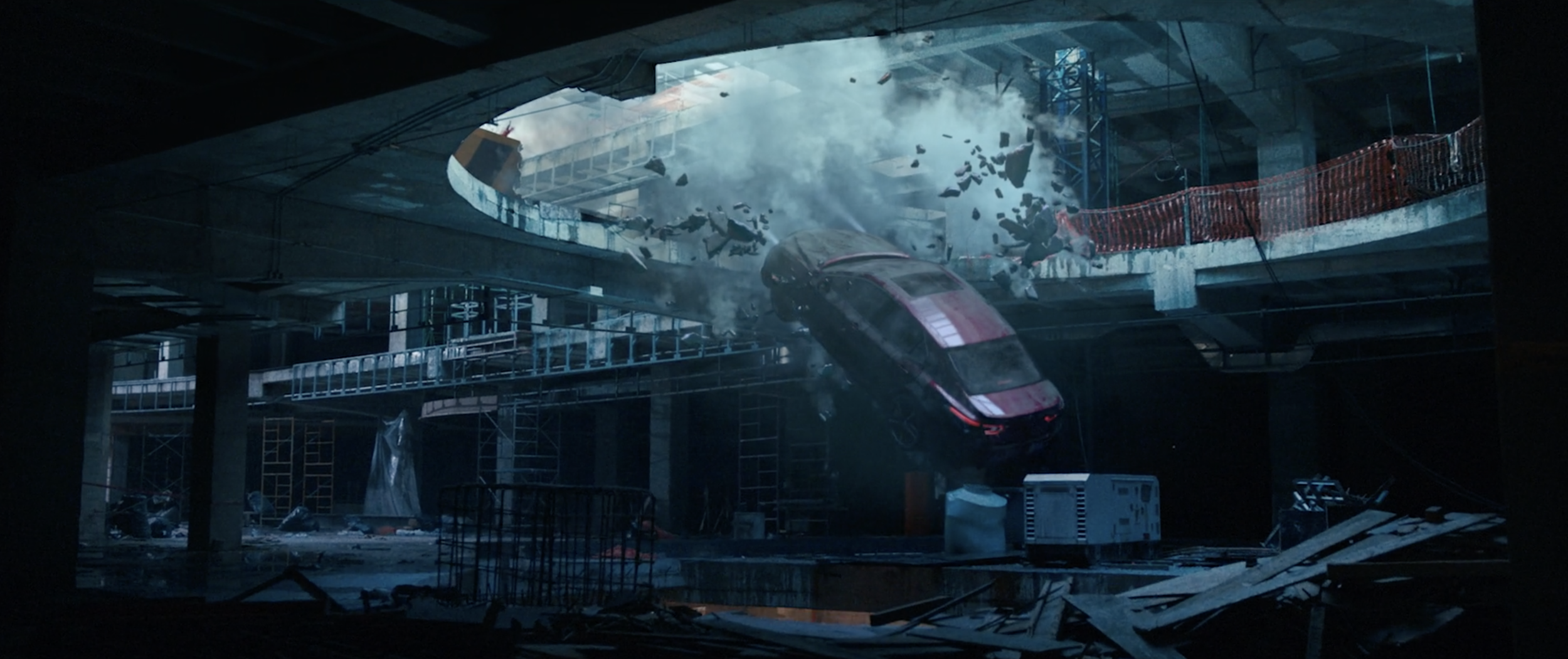Guillermo Garza x j _u_n_kjournal
1) Tell us a little bit about your background, hometown, childhood memories, your roots.
I was born in Monterrey, Mexico surrounded by mountains, arid landscapes and factories. It’s mainly an industrial city that is also very very conservative. What is always present in some way or another in my memories of growing up there is the heat and hot air blowing in my face like a hair dryer. It’s a very culturally homogenous city either absorbing direct American influence or none at all.
My dad like everyone his age studied engineering mainly because his father made him do it and was doing well in the corporate world, but when he was in his 40’s he had enough, so he decided to change careers. He then relocated us to a beach town in California close to the university where he ended up studying transpersonal psychology. By doing so, he developed and expanded on experimental play as a form therapy which he still practices today. I was 10 years old and originally from a city where everybody is basically the same culturally, and all of a sudden I was living in a whole new environment and in an apartment complex full of academics and researchers from all over the world. I barely knew how to speak English and most of the kids my age there didn’t speak it either.
By the time I was 13, I was pretty much adapted to the Californian culture and got into skateboarding and hardcore punk. I was growing up really fast. The year I turned 14 my father was done with his studies and wanted to take his practice back to Mexico as well as taking my sister, brother and myself back to reconnect with our hometown. We ended up staying there until I went away to Cuba for a film workshop when I was 19.
2) When or how did your interest in photography and the film industry come into your life?
I remember really loving movies and being completely inspired by them from a very early age. When I was (I think) around 11 years old, I remember watching a documentary about how they made the visual effects in Star Wars. I think that was the moment that I understood that making films was a job somebody could have, and I couldn’t stop thinking about it.
I started using my mom's little Hi-8 camera doing stop motion animations, little shorts with my cousins and siblings, editing tape to tape. I didn’t really have any access to anything other than popular films until further down the line. Around the age of 15, I saw A Clockwork Orange and Kids, which led me down a path of finding and watching underground/cult films. I found a video store near my house that had an “art film” section, and that was the end of my social life. I started noticing that I really liked how certain films looked, and how they were framed. I then slowly put together what was the role of the cinematographer. However, I didn’t make the decision to be a DP until I had to choose my specialization in film school.
3) How would you describe your aesthetic in a few words?
This is very hard to do because film is a collective art and as a director of photography you have to be collaborative and adaptable because cinematography is as much (if not more) a craft than it is an art. My aesthetic adapts to the story I’m telling and varies from project to project. There is also a constant collaboration with the director, editor, production designer, colorist, makeup artist, costume designer, etc, and sometimes you are taken out of your aesthetic comfort zone by your collaborators. So aesthetics for me as a Director of Photography are almost more circumstantial.
What I do have is a search for an underlying thread that is evolving with me as I grow as a filmmaker. It plays a part in how I choose projects, how I relate to the people I’m working with and how I see my part in the collective. To me, it’s almost parallel to a spiritual journey, or I like to see it that way. My search right now is for a connection to an emotional truth, the revelation of beauty in the imperfect, and understanding the subtlety of the overall tone of a piece enough to be able to play with that for a deep emotional and transcendental effect for the spectator. This is what motivates me now as a filmmaker.
4) You recently joined the team at Iconic Talent Agency, congratulations! The film industry is such a competitive field with constant emerging talent making outstanding content from everywhere in the world. How was your personal process that lead you to arrive to this achievement?
It has been a very long process, film is a craft you learn by doing and by fucking it up a lot and by watching others do it. For the first ten years of my career I felt like I was in a learning phase trying to understand myself, my craft, and the industry. I reached a point where if I did not make a shift in the way I was directing my career, I was going to start hating it. So I focused on doing projects based on loving the writing, as well as collaborating with people I admired and liked. That on its own took my work to a new level and people from the industry noticed. Now I feel like I can focus my energy towards finding the projects that help me keep growing and I think a good agent is a key part in that. My agent at Iconic has been a friend for a while now even before we started working together, and I really felt like it happened very naturally and organically.
I’ve also recently Joined LUX Artists for European representation. I have admired their work with other DP’s ever since they started and between them they have a great relationship. I am very excited for the upcoming projects we have lined up and even more happy to have both amazing agencies as collaborators.
5) What has been or have been your favorite project(s) so far that truly made an impact on you and your career, and why?
Every project feels like a small part of me. Even though with most of them I can’t even really look at after I finish them without having an anxiety attack. I’m very self critical and I only ever put about 5% of my work on my website. I don’t think there is one project that changed everything it has all been in small increments. I’m really proud of the Documentary film Panoramas that I made with Rodrigo Guardiola.
6) Have you ever thought about what your life would be if you hadn't pursued cinematography? What field would you have liked to work in?
I would have loved to be a musician, maybe one of these multi-instrumentalist recording artists. I love playing music and I love the freedom of creating music because in film you depend on so many variables like time, money, luck, power dynamics or box office results. I kind of envy the possibility that musicians have to individually create their art, record it at home or in a studio and then show it in complete form, I guess that is also what is appealing about being an artist.
7) How do you refresh yourself, what/who are your influences and how do you find new ideas for projects?
I make an effort to absorb influence and inspiration from different mediums than my own, based mainly on just being tired of how other filmmakers replicate fashionable formulas over and over. I try to draw inspiration from music, documentary photography, visual art, meditation, conversations, etc. I spend a lot of time alone in cities far from where I live, and I sometimes like to get lost and see who I can run into. You can learn a lot about yourself when you are alone in a city where no one knows you.
8) Tell us about your latest project with the new iPhone launch. How did that come into play and how was your experience working with Apple?
It was pretty simple. I’d previously shot 5 projects with Diego Contreras, the director of the project. This project came in for him to direct and he asked me to shoot it. Working with Apple was great, they asked us to test the iPhone11 Pro and use it as we would use a film camera on a professional shoot so they could show those tests on their keynote presentation. Diego designed a couple of scenes where we could see how the phone would perform in various settings, like a rainy night shoot, a bright sunlit day shoot and a black and white film noir shoot. I tested the capacities of the phone and we lit and framed it the same way we would have with a professional film camera. The people at Apple where very excited about the results. To me it was impressive to see how far smartphones have come as a great camera you always have on you.
9) During a film, music video or commercial set... What is your favorite moment throughout the start and end of shooting?
I like when something comes up that is totally unexpected, maybe a location gets cancelled or some equipment fails or it starts raining and you have to think on your feet and come up with creative solutions on the fly. Sometimes you make great plans and something can come up that makes you throw away everything you thought of previously and you just have to rely on instinct and your creative reflexes to come up with solutions that are most of the time better than what you had planned for. I like being up against it, the feeling of imminent failure and then coming out of it with a great piece. Obviously it doesn't always work out for the better, but when it does it feels so good.
10) What has been the most peculiar experience on set while working on a project?
Early in my career I was doing some aerial shots for a commercial and I asked the pilot to try to maneuver the helicopter to go very close to the ocean, then we would rush towards a cliff and fly over it. I was sitting on the side of the helicopter with the door open holding the camera. As we got close to the cliff at very high speed the helicopter started beeping and shaking… The pilot quickly maneuvered and was able to (barely) clear the cliff. He immediately went to land the helicopter and said that there had been a major malfunction with the controls and that we were lucky he had been able to stabilize. I couldn’t sleep that night and I avoid getting on helicopters as much as I can now.
11) From all the places in the world where you've shot, which has been your favorite?
Tokio and New Zealand.
12) Guilty pleasures. Name one of yours :)
Seinfeld.
13) If you had the opportunity to work with anybody, who would it be and why?
I recently watched Alejandro Landes’s Monos and absolutely loved it. It would be a dream to collaborate with him on a feature film. He is an amazing new directing voice and I am very much looking forward to what he’s going to do next.
14) Name 5 of your favorite films.
Five is too hard so I chose ten films that I have very present right now for several reasons. I think they can roughly illustrate what films I’m into right now. In no particular order:
A Man Escaped - Robert Bresson
Monos - Alejandro Landes
War and Peace - Sergei Bondarchuk
Shoplifters - Hirokazu Kore-eda
Dogtooth - Yorgos Lanthimos
Gummo - Harmony Korine
Chinatown - Roman Polanski
The Square - Ruben Östlund
The Rider - Chloé Zhao
El Abrazo de la Serpiente - Ciro Guerra
To see more of Guillermo Garza’s amazing work visit: guillermogarzadp.com





